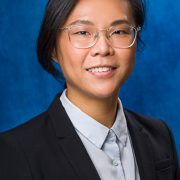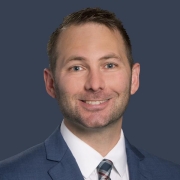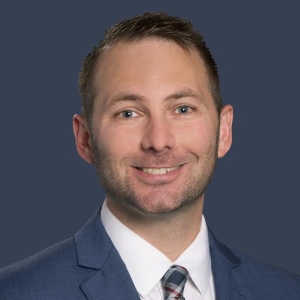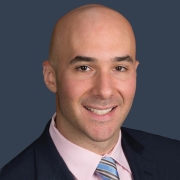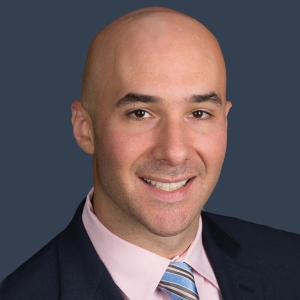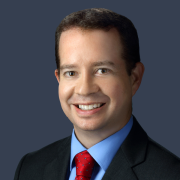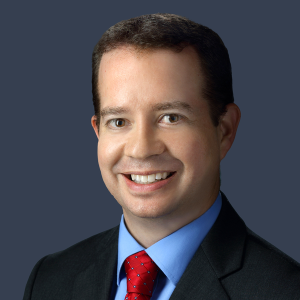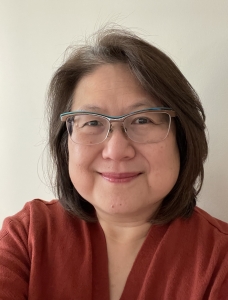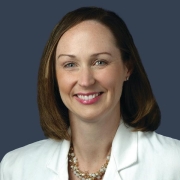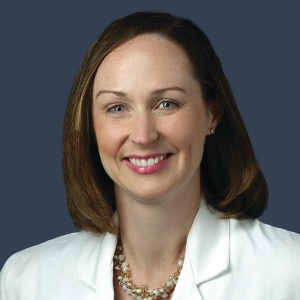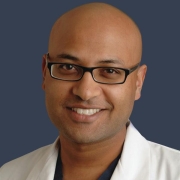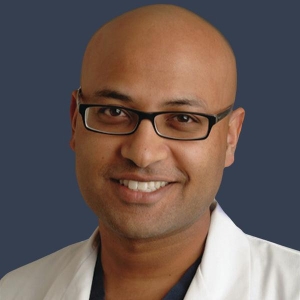People Profile – Dr. Christina (Kan Hong) Zheng
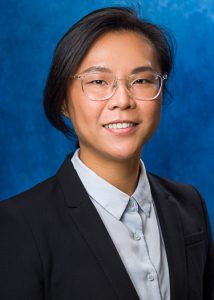
Christina (Kan Hong) Zheng, DO, (PGY-3, General Surgery)
Christina (Kan Hong) Zheng, DO, (PGY-3, General Surgery) has a hard time sitting still. (Well, except for the time she finished a 16-scoop ice cream cone by herself in one sitting…a moment she admits may not have been her healthiest but will go down as one of her proudest!)
Originally leading Dr. Zheng to medicine was a love of and curiosity for science and an interest in helping others. Surgery was a good fit, she says, because it allowed her to keep moving and to use her hands to get things done.
When she isn’t using her hands to perform the intricate work of a surgeon, you might find Dr. Zheng snapping pictures for the MedStar Baltimore General Surgery Residency Instagram account. As the main photographer and poster, Dr. Zheng says @medstarbaltimoresurgery was initially launched to reach other aspiring surgeons. No one expected the tremendous support of residents in other programs and specialties or the interest of the general surgery residents’ families and friends. Encouraged by the response, the residents are happy to share even more of their day-to-day with their audience because, as Dr. Zheng explains, “We love our program, and we want to share that love with others.”
Despite her fondness for her residency program, Dr. Zheng readily admits that residency has come with its share of challenges. She reflects, “I’m not sure how I got stuck with this group of wonderful and supportive beings, but they’re the ones helping me get through a difficult residency.”
On @medstarbaltimoresurgery, Dr. Zheng documents the residents’ activities, like a recent cardiovascular and thoracic anatomy lab where they learned to perform chest tube placements, tracheotomies, open thoracotomies, and exposure of great vessels, among other procedures. She also highlights some of the things that help residents stay upbeat—including their furriest family members, featured for National Pet Day; morning yoga led by one of their coworkers before grand rounds; and some friendly competition during their annual man vs. food contest.
To other aspiring surgeons or residents—maybe even those following along on @medstarbaltimoresurgery—Dr. Zheng offers the following: “Regardless of your stage in training, there will be as many ups as there will be downs. We are all continuing to grow. Take any and all opportunities to learn, be adaptable and flexible, and stay humble.”

